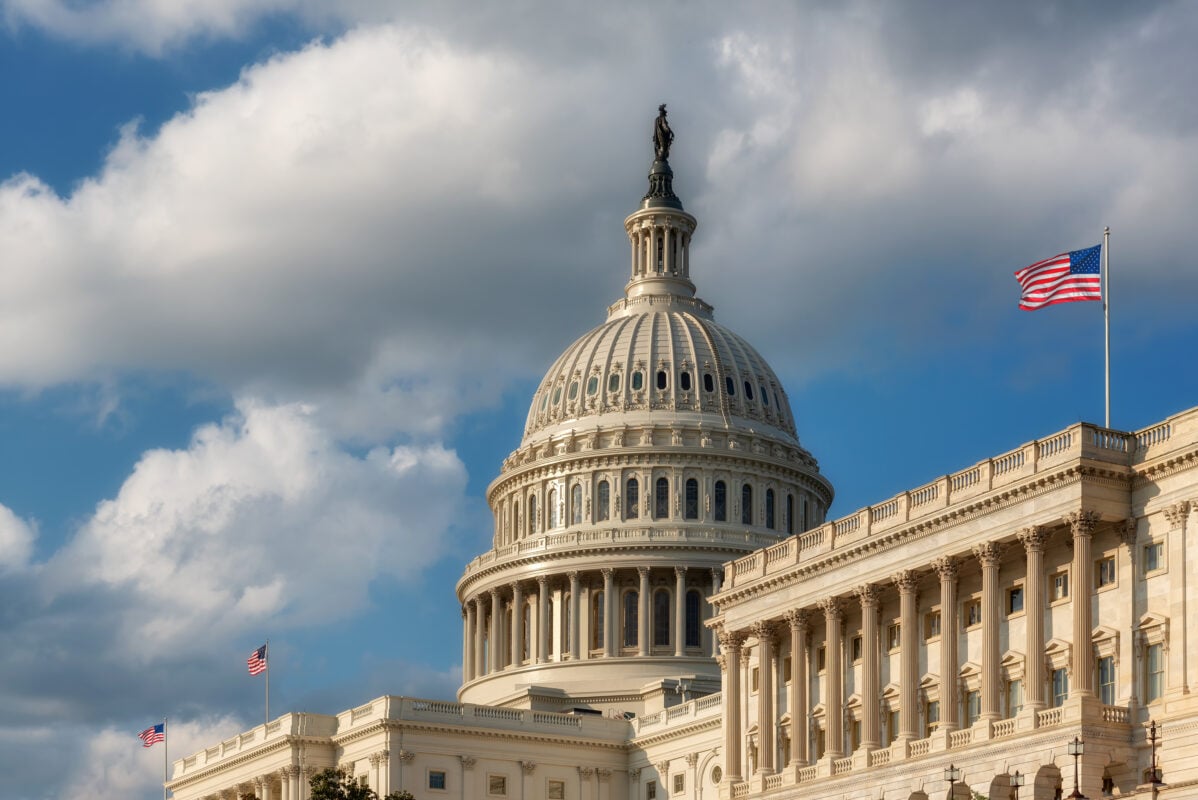TLDRs;
Contents
- The U.S. Senate voted 99-1 to eliminate a proposed 10-year ban on state-level AI regulation.
- The amendment’s removal defies strong lobbying from major tech firms, which favored uniform federal rules.
- Lawmakers cited growing concern over federal overreach and the need for state autonomy in consumer protection.
- The debate reflects a broader shift toward risk-based, context-specific AI governance.
The U.S. Senate has voted 99-1 to eliminate a controversial provision that would have barred states from independently regulating AI technologies for the next decade.
The amendment, introduced by Republican Senator Marsha Blackburn of Tennessee, was added to President Donald Trump’s broader tax-cut and spending bill but met bipartisan resistance during a rare extended session.
The original clause sought to limit state-level authority by tying AI regulation to federal funding incentives. Under the now-defunct provision, states could only implement their own rules if they forfeited access to a $500 million federal AI infrastructure fund. Major technology firms, including Google, had lobbied in favor of the preemption language, arguing that uniform federal regulations were necessary to avoid a confusing and conflicting patchwork of state laws.
Senator Blackburn, who initially backed a five-year compromise plan that would have granted states limited oversight, later withdrew her support. She criticized the compromise as inadequate, stating it failed to give states the tools to protect their residents from unchecked AI deployment.
“We need guardrails, not roadblocks,” Blackburn said in a floor speech. “States should not have to choose between safeguarding their communities and receiving federal support.”
Senators Push Back Against Federal Overreach in AI Policy
The Senate’s decision highlights a growing unease in Congress over blanket federal policies that override state sovereignty, especially in areas where consumer protection and civil liberties are at stake.
Lawmakers from both parties echoed concerns that the original clause would have set a dangerous precedent, weakening state authority during a critical period in AI’s rapid evolution. Many noted that states have historically led the charge in regulating emerging industries when federal responses lag behind.
This vote reflects a broader federal-state tension unfolding across the technology sector. As AI increasingly influences sectors like healthcare, education, policing, and finance, questions over who should have the authority to regulate its use have grown more urgent. Several states, including California, Illinois, and New York, have already introduced or passed AI-related legislation aimed at ensuring transparency, fairness, and consumer protection.
Big Tech Faces Rare Defeat in Washington
For major AI developers and platform providers, the Senate’s move represents a rare loss in their ongoing efforts to shape U.S. regulatory frameworks. Companies like Google and OpenAI have long favored a centralized, federally controlled system that minimizes compliance burdens and promotes consistent operational standards. However, this approach has faced increasing skepticism from lawmakers who view it as a way for industry players to avoid stricter accountability.
Despite their influence in Washington, tech firms are encountering a political climate less receptive to self-regulation and more focused on consumer safety and ethical governance. The failure of the preemption clause signals that lawmakers are less willing to cede regulatory authority in exchange for innovation promises.
Focus Shifts Toward Contextual, Risk-Based Regulation
The legislative debate surrounding the moratorium also underscored a shift in how policymakers think about AI governance. Rather than treating AI as a monolithic technology, lawmakers increasingly advocate for regulations tailored to specific use cases and risk profiles. This approach mirrors regulatory developments in the European Union, where AI systems are categorized by the level of risk they pose to public safety or individual rights.
As the U.S. works to craft a coherent AI policy, the rejection of sweeping preemption language may mark a turning point. Instead of a top-down regulatory model, the future may be shaped by a more dynamic interplay between federal standards and state-specific protections.


